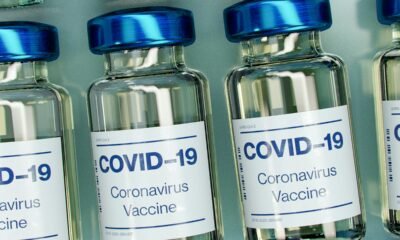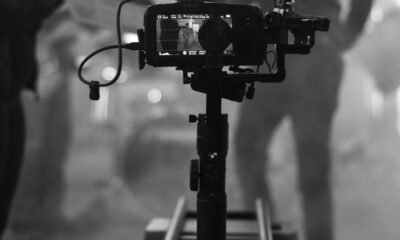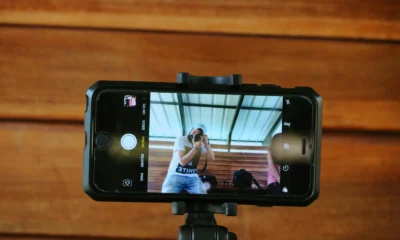World News
Which Cardinal Could Become the Next Pope?
Inside the Race for the Vatican’s Highest Office
As the world mourns the passing of Pope Francis, a pivotal question grips the Catholic Church’s 1.4 billion faithful: Who will be the next pope? The answer will shape not only the future of Catholicism but also the Church’s role in global affairs, social justice, and interfaith dialogue. The coming conclave promises both tradition and surprise, with several cardinals standing out as frontrunners in this historic moment.
The Top Contenders: A New Era Beckons
1. Cardinal Luis Antonio Tagle: The “Asian Francis”
Cardinal Tagle, 67, from the Philippines, is the most talked-about candidate and could become the first Asian pope in history.

He is celebrated as the “Asian Francis” for his deep commitment to social justice, inclusion, and outreach to the marginalized. Tagle currently heads the Dicastery for Evangelization, one of the Vatican’s most influential departments, and is seen as a close ally of Pope Francis. His charisma, humility, and progressive vision have made him a favorite among reform-minded cardinals and laity alike.
If elected, Tagle would not only make history as the first Asian pontiff but also signal a strong endorsement of Pope Francis’s legacy of compassion and reform.
2. Cardinal Pietro Parolin: The Vatican’s Diplomat
Cardinal Parolin, 70, from Italy, is the Vatican Secretary of State and a seasoned diplomat.
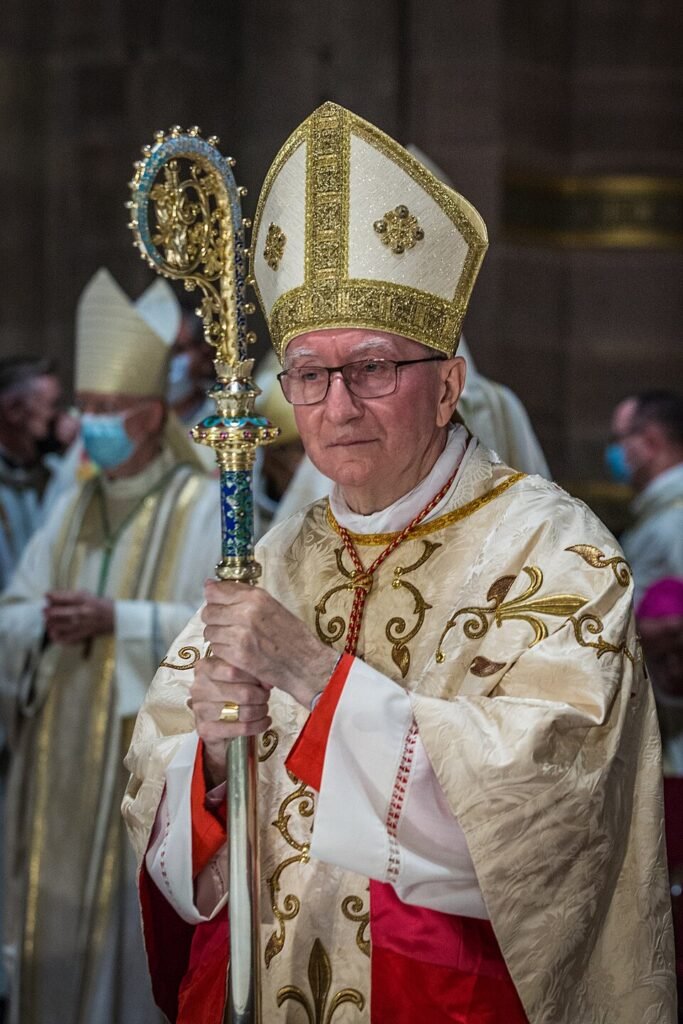
He has played a pivotal role in the Church’s international relations, including groundbreaking negotiations with China and the Middle East. Parolin is widely respected for his moderation and ability to bridge divides between progressives and conservatives within the College of Cardinals. His deep experience in Vatican governance positions him as a candidate of stability and continuity.
Parolin’s election would likely mean a steady hand at the helm, balancing tradition with the ongoing reforms initiated by Francis.
3. Cardinal Peter Turkson: The Voice of Africa
Cardinal Turkson, 76, from Ghana, stands as a powerful symbol of the Church’s global reach and its commitment to social justice.
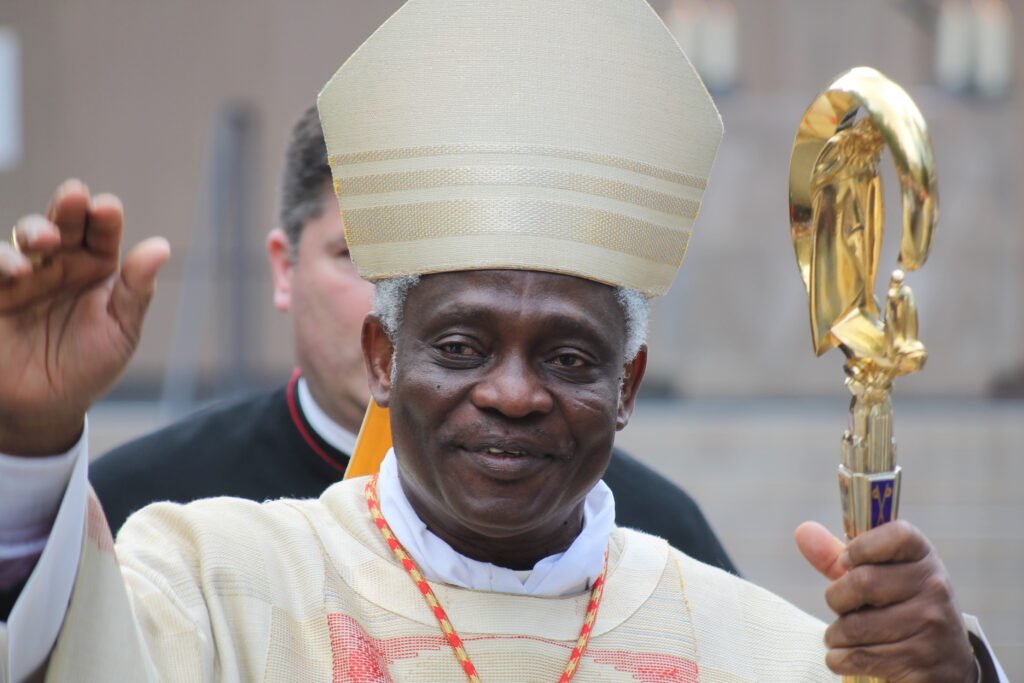
As the former head of the Dicastery for Promoting Integral Human Development, Turkson has championed issues such as poverty, climate change, and economic inequality. His election would be historic, making him the first African pope in over 1,500 years. Turkson’s leadership style is marked by a strong moral voice and a global perspective, resonating with cardinals seeking a pontiff who can address the Church’s humanitarian mission worldwide.
A Turkson papacy would underscore the Church’s increasing focus on the Global South and its most pressing moral challenges.
What’s at Stake?
The next pope will inherit a Church at a crossroads—torn between tradition and reform, facing secularization in the West and explosive growth in the Global South. The choice of pope will determine whether the Church continues on Francis’s path of openness and dialogue or pivots toward a more conservative, doctrinal approach.
The conclave’s outcome is far from certain.
History shows that papal elections can surprise even the most seasoned Vatican watchers. However, the prominence of Tagle, Parolin, and Turkson reflects the Church’s evolving priorities: global representation, social justice, and experienced leadership.
The World Watches and Waits
As the cardinals prepare to gather in the Sistine Chapel, the world watches with anticipation. Will the Catholic Church embrace its first Asian or African pope, or will it turn to a seasoned European diplomat for guidance? The answer will reverberate far beyond the walls of the Vatican, shaping the spiritual and moral direction of the 21st century.
The next pope will not only lead the world’s largest Christian community but also become a global voice for peace, justice, and compassion.

Bolanle Media covers a wide range of topics, including film, technology, and culture. Our team creates easy-to-understand articles and news pieces that keep readers informed about the latest trends and events. If you’re looking for press coverage or want to share your story with a wider audience, we’d love to hear from you! Contact us today to discuss how we can help bring your news to life
Business
Pros and Cons of the Big Beautiful Bill

The “Big Beautiful Bill” (officially the One Big Beautiful Bill Act) is a sweeping tax and spending package passed in July 2025. It makes permanent many Trump-era tax cuts, introduces new tax breaks for working Americans, and enacts deep cuts to federal safety-net programs. The bill also increases spending on border security and defense, while rolling back clean energy incentives and tightening requirements for social programs.
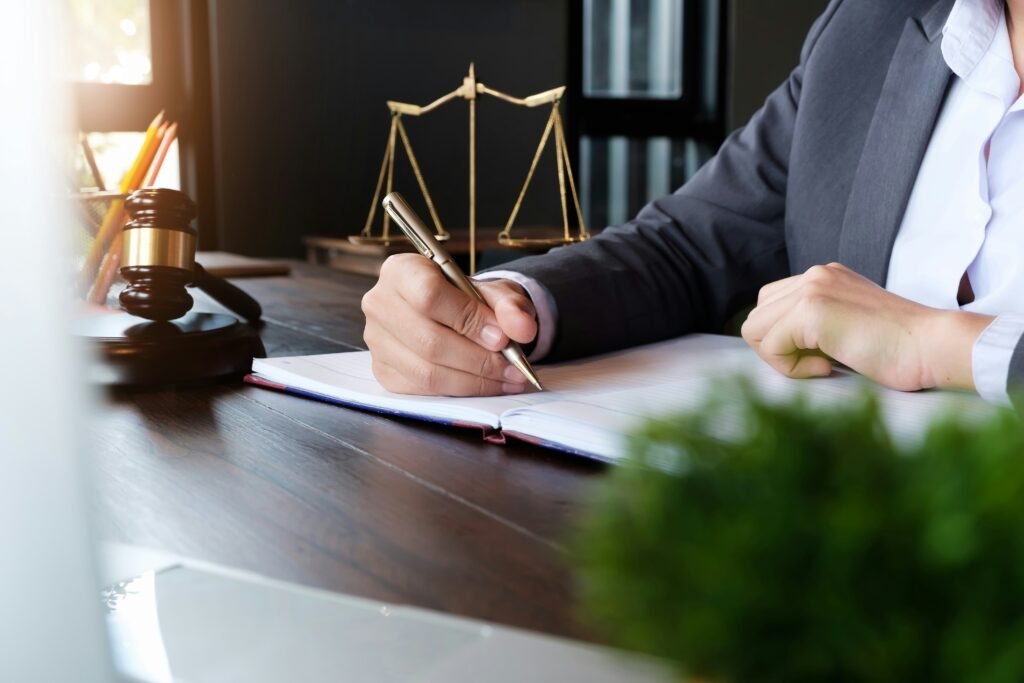
Pros
1. Tax Relief for Middle and Working-Class Families
- Makes the 2017 Trump tax cuts permanent, preventing a scheduled tax hike for many Americans.
- Introduces new tax breaks: no federal income tax on tips and overtime pay (for incomes under $150,000, with limits).
- Doubles the Child Tax Credit to $2,500 per child through 2028.
- Temporarily raises the SALT (state and local tax) deduction cap to $40,000.
- Creates “Trump Accounts”: tax-exempt savings accounts for newborns.
2. Support for Small Businesses and Economic Growth
- Makes the small business deduction permanent, supporting Main Street businesses.
- Expands expensing for investment in short-lived assets and domestic R&D, which is considered pro-growth.
3. Increased Spending on Security and Infrastructure
- Allocates $175 billion for border security and $160 billion for defense, the highest peacetime military budget in U.S. history.
- Provides $12.5 billion for air traffic control modernization.
4. Simplification and Fairness in the Tax Code
- Expands the Earned Income Tax Credit (EITC) and raises marginal rates on individuals earning over $400,000.
- Closes various deductions and loopholes, especially those benefiting private equity and multinational corporations.
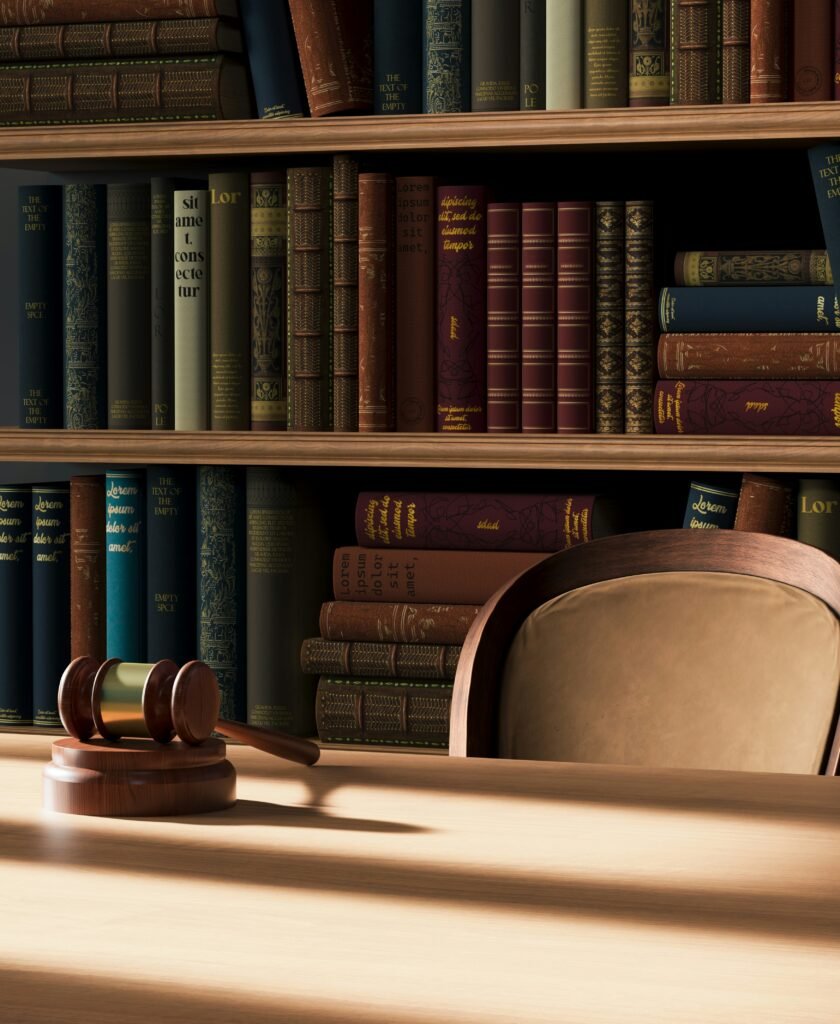
Cons
1. Deep Cuts to Social Safety Net Programs
- Cuts Medicaid by approximately $930 billion and imposes new work requirements, which could leave millions without health insurance.
- Tightens eligibility and work requirements for SNAP (food assistance), potentially removing benefits from many low-income families.
- Rolls back student loan forgiveness and repeals Biden-era subsidies.
2. Increases the Federal Deficit
- The bill is projected to add $3.3–4 trillion to the federal deficit over 10 years.
- Critics argue that the combination of tax cuts and increased spending is fiscally irresponsible.
3. Benefits Skewed Toward the Wealthy
- The largest income gains go to affluent Americans, with top earners seeing significant after-tax increases.
- Critics describe the bill as the largest upward transfer of wealth in recent U.S. history.
4. Rollback of Clean Energy and Climate Incentives
- Eliminates tax credits for electric vehicles and solar energy by the end of 2025.
- Imposes stricter requirements for renewable energy developers, which could lead to job losses and higher electricity costs.
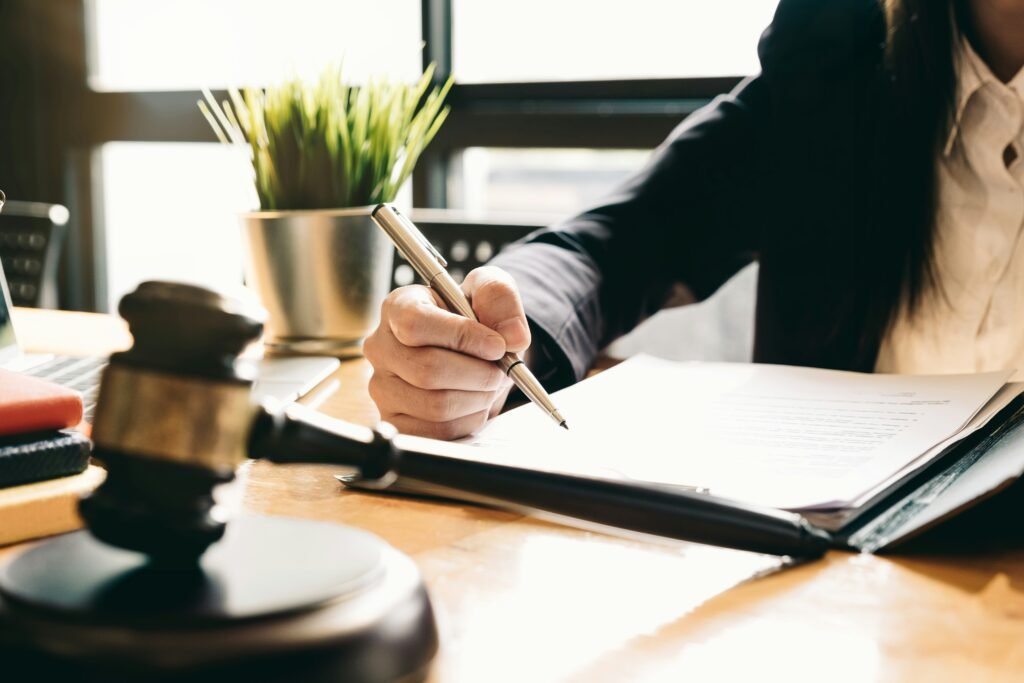
5. Potential Harm to Healthcare and Rural Hospitals
- Reduces funding for hospitals serving Medicaid recipients, increasing uncompensated care costs and threatening rural healthcare access.
- Tightens verification for federal premium subsidies under the Affordable Care Act, risking coverage for some middle-income Americans.
6. Public and Political Backlash
- The bill is unpopular in public polls and is seen as a political risk for its supporters.
- Critics warn it will widen the gap between rich and poor and reverse progress on alternative energy and healthcare.
Summary Table
| Pros | Cons |
|---|---|
| Permanent middle-class tax cuts | Deep Medicaid and SNAP cuts |
| No tax on tips/overtime for most workers | Millions may lose health insurance |
| Doubled Child Tax Credit | Adds $3.3–4T to deficit |
| Small business support | Benefits skewed to wealthy |
| Increased border/defense spending | Clean energy incentives eliminated |
| Simplifies some tax provisions | Threatens rural hospitals |
| Public backlash, political risk |
In summary:
The Big Beautiful Bill delivers significant tax relief and new benefits for many working and middle-class Americans, but it does so at the cost of deep cuts to social programs, a higher federal deficit, and reduced support for clean energy and healthcare. The bill is highly polarizing, with supporters touting its pro-growth and pro-family provisions, while critics warn of increased inequality and harm to vulnerable populations.
Business
Trump Threatens to ‘Take a Look’ at Deporting Elon Musk Amid Explosive Feud
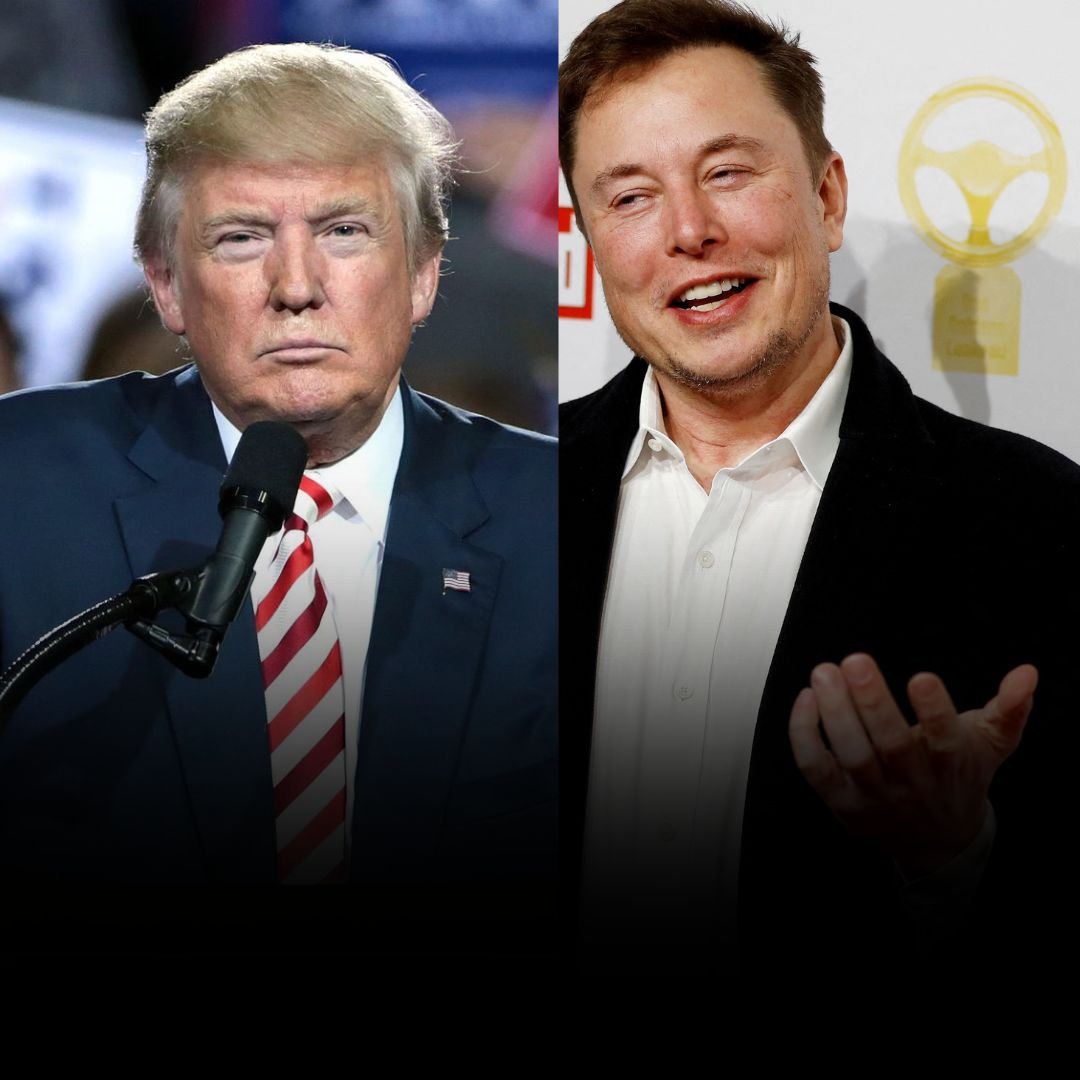
The escalating conflict between President Donald Trump and Elon Musk reached a new peak this week, as Trump publicly suggested he would consider deporting the billionaire entrepreneur in response to Musk’s fierce criticism of the president’s signature tax and spending bill.
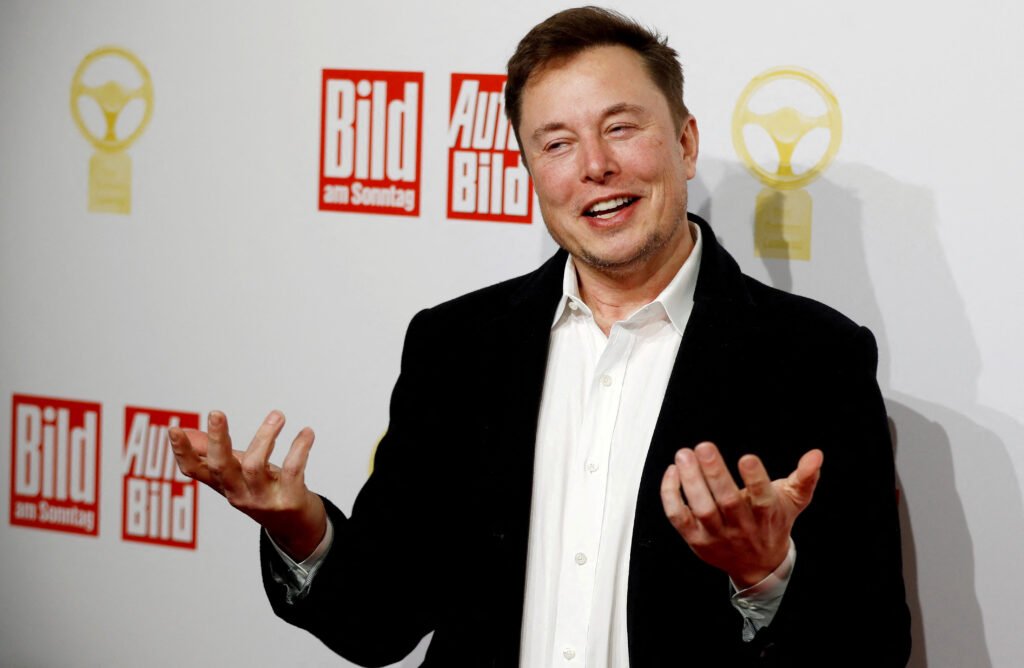
“I don’t know, we’ll have to take a look,” Trump told reporters on Tuesday when asked directly if he would deport Musk, who was born in South Africa but has been a U.S. citizen since 2002.
This threat followed a late-night post on Trump’s Truth Social platform, where he accused Musk of being the largest recipient of government subsidies in U.S. history. Trump claimed that without these supports, Musk “would likely have to shut down operations and return to South Africa,” and that ending such subsidies would mean “no more rocket launches, satellites, or electric vehicle production, and our nation would save a FORTUNE”.
Trump also invoked the Department of Government Efficiency (DOGE)—a federal agency Musk previously led—as a potential tool to scrutinize Musk’s companies. “We might have to put DOGE on Elon. You know what DOGE is? The DOGE is the monster that might have to go back and eat Elon,” Trump remarked, further intensifying the feud.
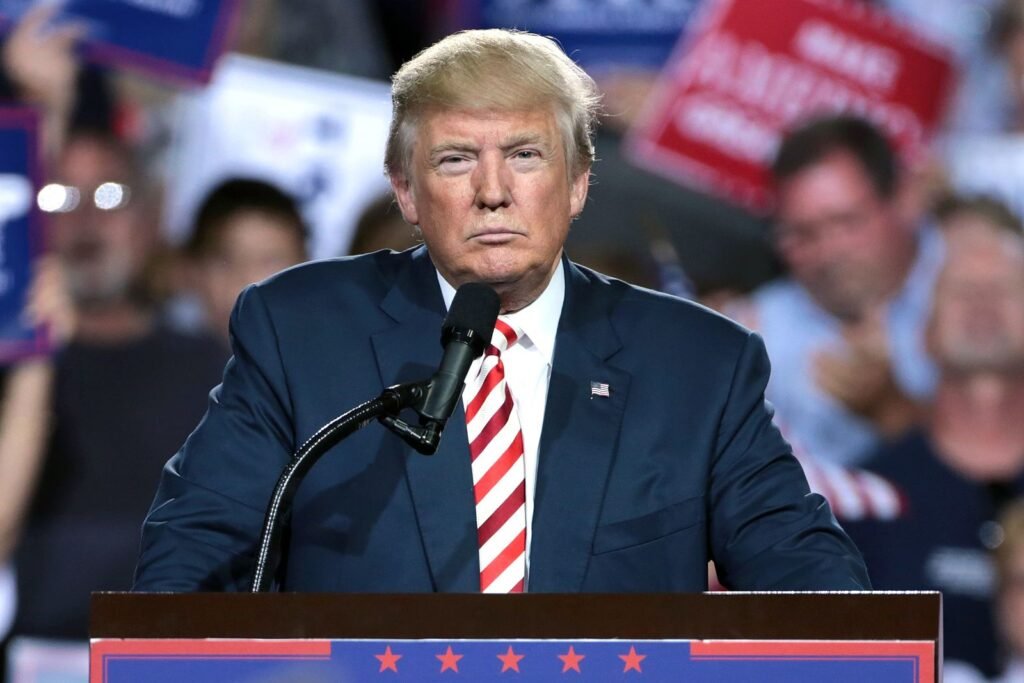
Background to the Feud
The rupture comes after Musk’s repeated attacks on Trump’s so-called “Big, Beautiful Bill,” a comprehensive spending and tax reform proposal that Musk has labeled a “disgusting abomination” and a threat to the nation’s fiscal health. Musk, once a Trump ally who contributed heavily to his election campaign and served as a government advisor, has called for the formation of a new political party, claiming the bill exposes the need for an alternative to the current two-party system.
In response, Trump’s allies have amplified questions about Musk’s citizenship and immigration history, with some suggesting an investigation into his naturalization process. However, legal experts note that deporting a naturalized U.S. citizen like Musk would be extremely difficult. The only path would involve denaturalization—a rare and complex legal process requiring proof of intentional fraud during the citizenship application, a standard typically reserved for the most egregious cases.
Political Fallout
Musk’s criticism has rattled some Republican lawmakers, who fear the feud could undermine their party’s unity ahead of the 2026 midterm elections. Meanwhile, Musk has doubled down on his opposition, warning he will support primary challengers against Republicans who back Trump’s bill.
Key Points:
- Trump has publicly threatened to “take a look” at deporting Elon Musk in retaliation for Musk’s opposition to his legislative agenda.
- Legal experts say actual deportation is highly unlikely due to the stringent requirements for denaturalizing a U.S. citizen.
- The feud marks a dramatic reversal from the pair’s earlier alliance, with both men now trading barbs over social media and in public statements.
As the dispute continues, it has become a flashpoint in the broader debate over government spending, corporate subsidies, and political loyalty at the highest levels of American power.
News
Christianity Emerges as Fastest-Growing Religion in Iran Despite Crackdowns

Christianity is experiencing unprecedented growth in Iran, making it the fastest-growing religion in the country despite severe government crackdowns and the risk of harsh penalties for converts. Recent studies and reports from both religious organizations and independent researchers confirm that the number of Christians in Iran has surged over the past decade, with estimates now ranging from 800,000 to as many as 3 million believers, many of whom are converts from Islam.
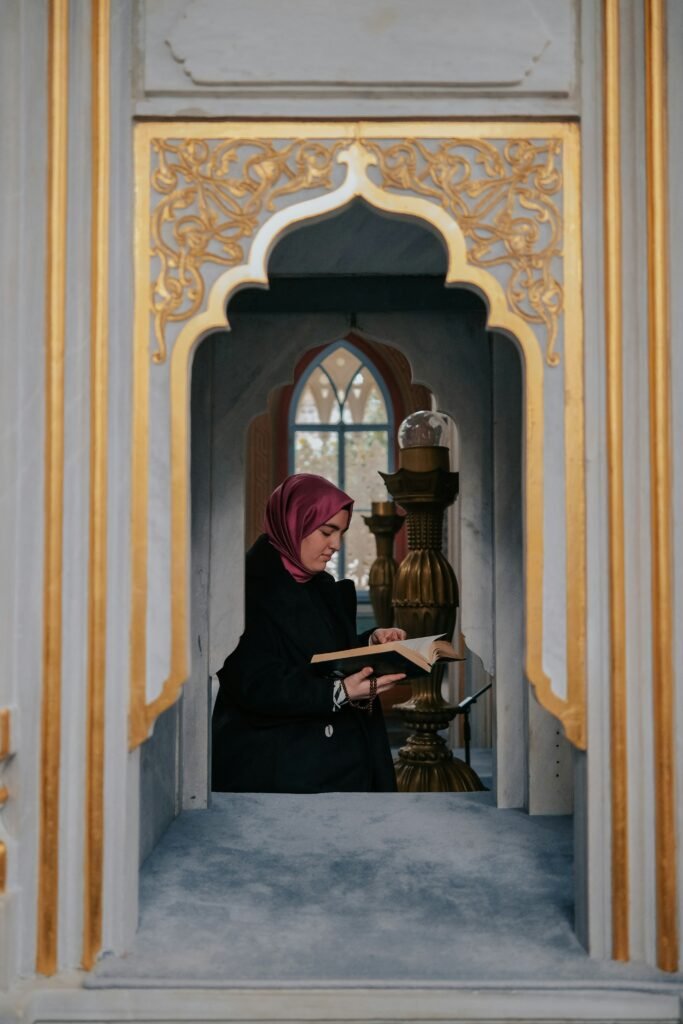
This remarkable trend is unfolding against a backdrop of systematic persecution. Iranian authorities routinely target house churches, arresting and imprisoning Christians for activities deemed a threat to national security or as “propaganda against the regime.” In 2022 alone, at least 134 Christians were arrested, with dozens receiving prison sentences or being forced into exile. Conversion from Islam remains a criminal offense in Iran, punishable by severe penalties, including, in rare cases, the death penalty.
Despite these dangers, the church in Iran is flourishing underground. The growth is especially notable among young people, many of whom are disillusioned with the country’s strict Islamic rule and are seeking spiritual alternatives that emphasize personal faith and community. Secret house churches and underground networks have become the primary venues for worship and community, with large-scale baptisms sometimes taking place in secret or even across the border.
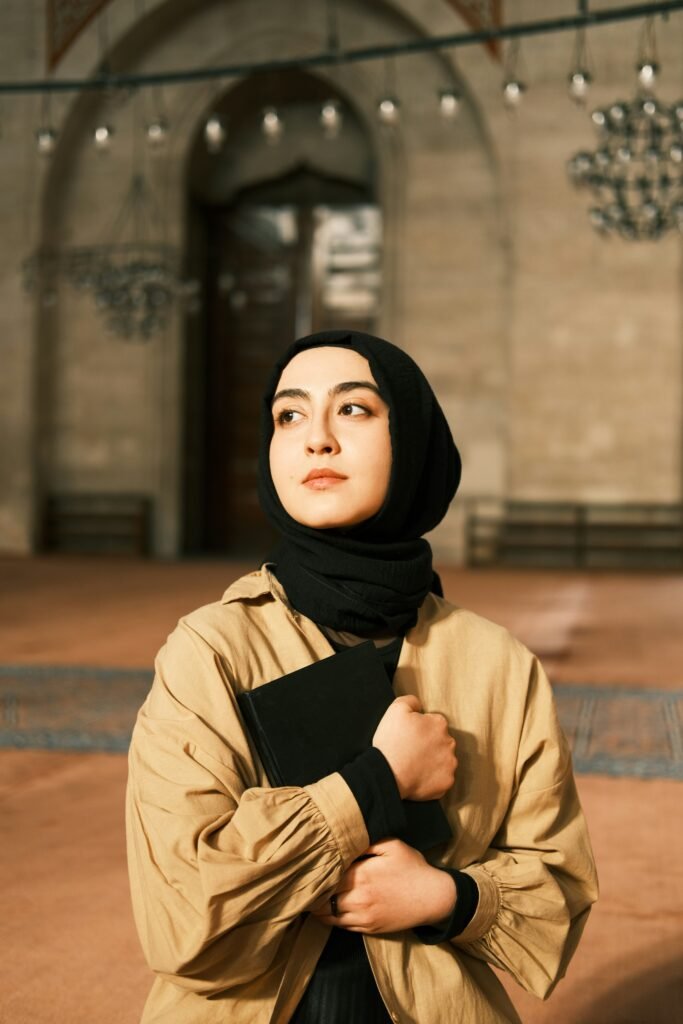
The Iranian government has acknowledged the trend with concern. Officials have dispatched agents to counter the spread of Christianity, and Islamic clerics have issued warnings about the faith’s rapid expansion. Nevertheless, satellite TV broadcasts, digital outreach, and word-of-mouth continue to fuel the movement, bringing the Christian message to new audiences across the country.

Scholars and observers agree that Iran is witnessing one of the highest rates of Christianization in the world today. Forecasts suggest the Christian population could double again by 2050, even as persecution persists. For many Iranians, Christianity offers a message of hope and transformation that stands in stark contrast to the repressive environment they face, making its spread all the more remarkable in one of the world’s most closed societies.

 Advice2 weeks ago
Advice2 weeks agoWhat SXSW 2025 Filmmakers Want Every New Director to Know

 Film Industry2 weeks ago
Film Industry2 weeks agoFilming Yourself and Look Cinematic

 Politics3 weeks ago
Politics3 weeks agoBolanle Newsroom Brief: Israel Strikes Iran’s Nuclear Sites — What It Means for the World

 News5 days ago
News5 days agoFather Leaps Overboard to Save Daughter on Disney Dream Cruise

 Advice1 week ago
Advice1 week agoWhy 20% of Us Are Always Late

 Health5 days ago
Health5 days agoMcCullough Alleges Government Hid COVID Vaccine Side Effects

 Entertainment3 weeks ago
Entertainment3 weeks agoThe Hidden Reality Behind Victoria’s Secret

 Advice1 week ago
Advice1 week agoHow to Find Your Voice as a Filmmaker











